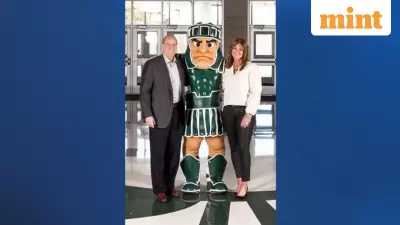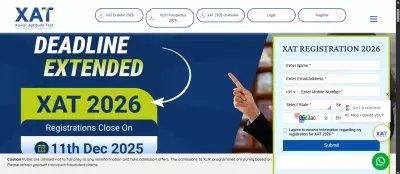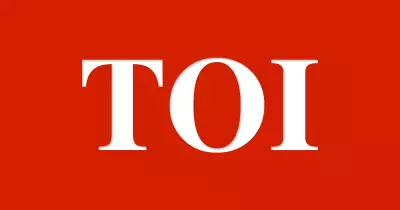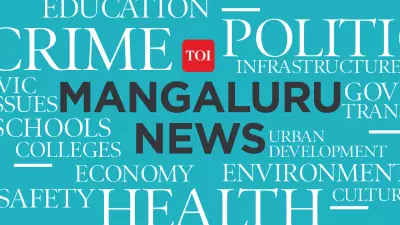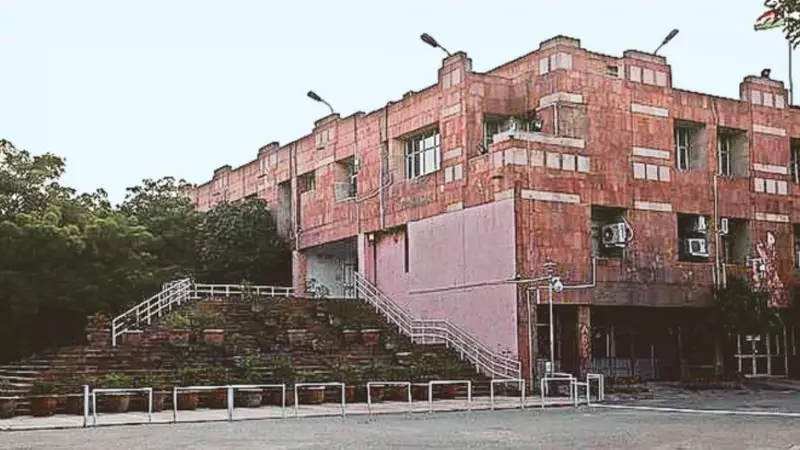
The political atmosphere at Jawaharlal Nehru University (JNU) in Delhi is charged with anticipation as the campus prepares for its first student union elections in five years. After a prolonged hiatus since the last polls in 2019, the university administration has officially announced that the JNUSU elections will be held on November 4, 2024.
Election Timeline and Key Dates
The electoral process follows a carefully structured timeline that ensures smooth conduct of the democratic exercise:
- November 4, 2024: Main election day with polling across campus
- November 6, 2024: Expected date for result declaration
- The election schedule was formally released by the Chief Election Commissioner of JNUSU
Significance of the 2024 Elections
These elections mark a crucial moment in JNU's student political history for several compelling reasons:
Return to Democratic Process: The five-year gap since the last student union elections makes this event particularly significant for both current students and alumni. The restoration of student union polls represents a return to campus democracy and student representation.
New Generation of Leaders: With most current students having never experienced a proper JNUSU election, this event introduces a new generation to the university's rich tradition of student politics and democratic engagement.
Campus-Wide Impact: The elections will determine student representatives who will voice concerns and participate in university governance matters affecting the entire student community.
What to Expect
As November 4 approaches, the JNU campus is expected to witness intense campaigning, debates, and political mobilization. Various student organizations are likely to field candidates for key positions including President, Vice-President, General Secretary, and Joint Secretary.
The election results on November 6 will not only shape student leadership for the coming academic year but also signal the direction of student politics at one of India's most politically active universities.

